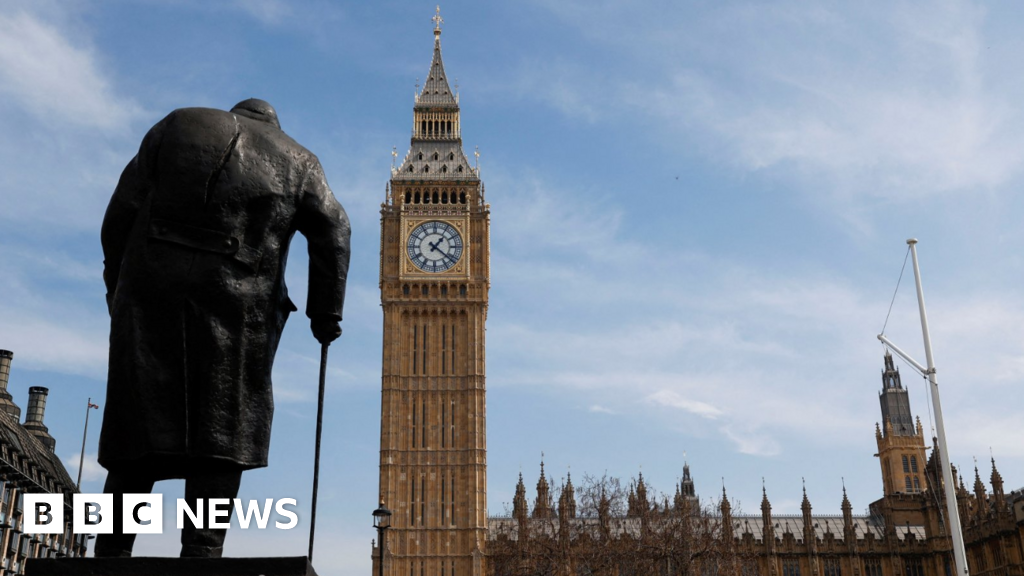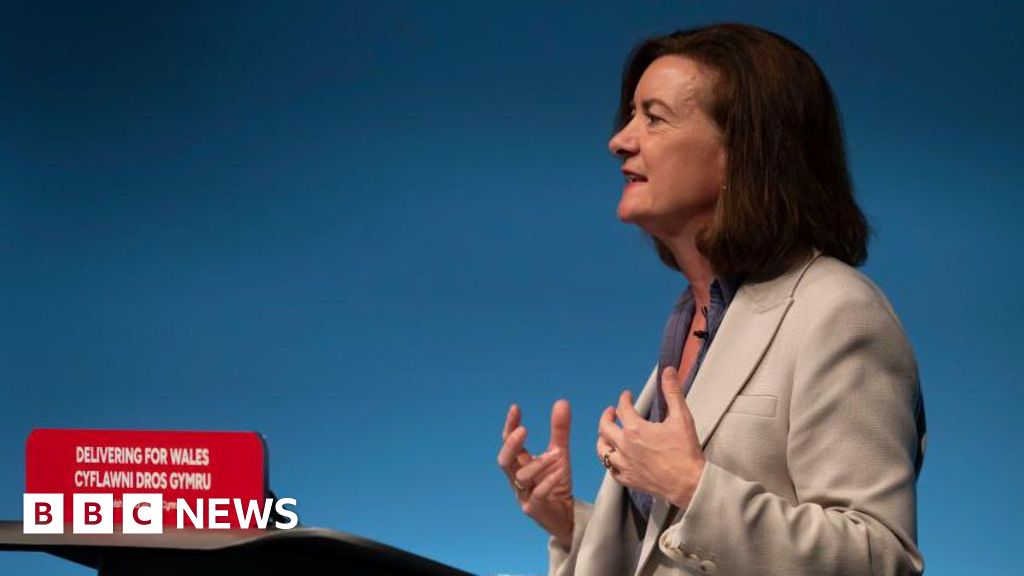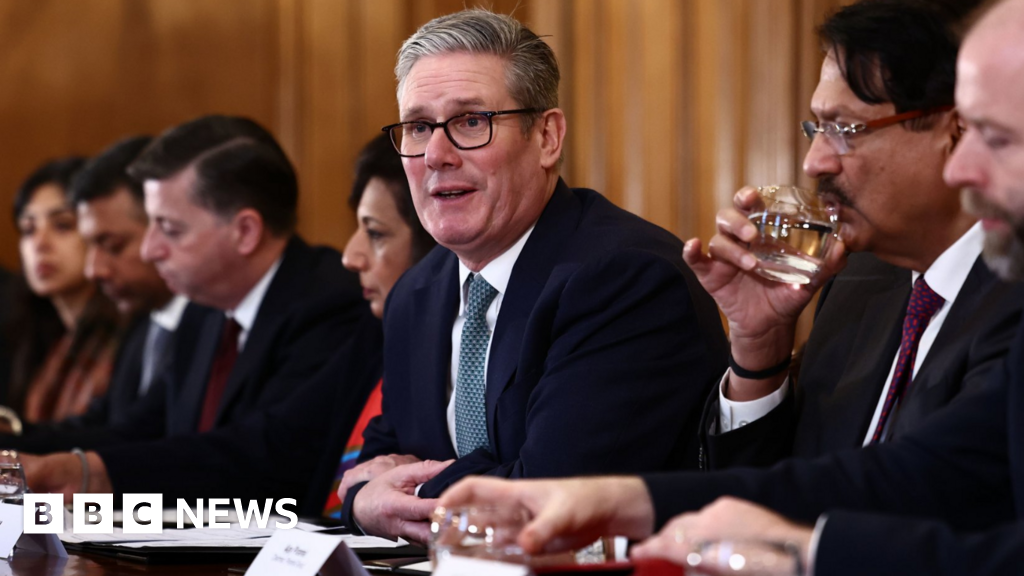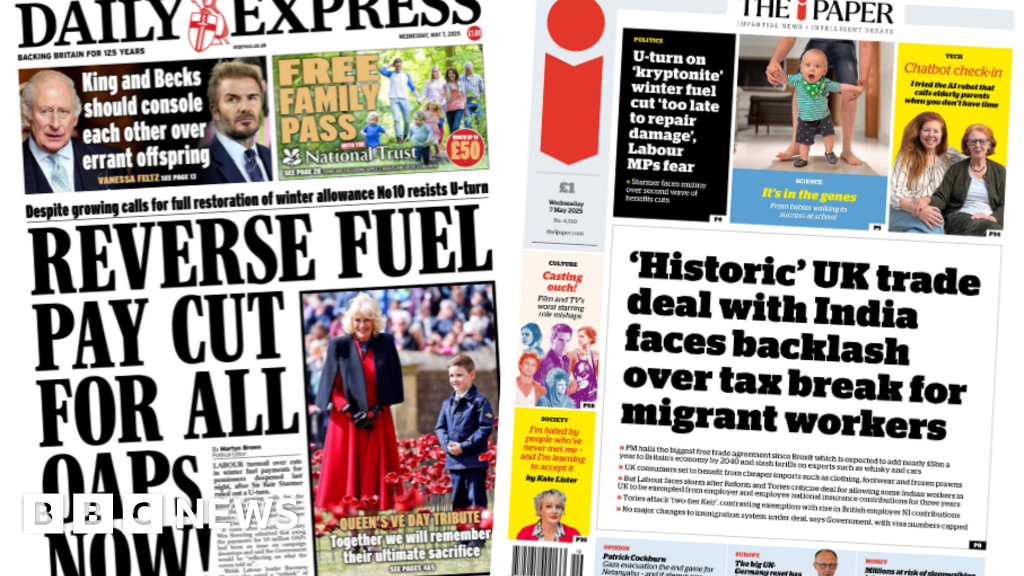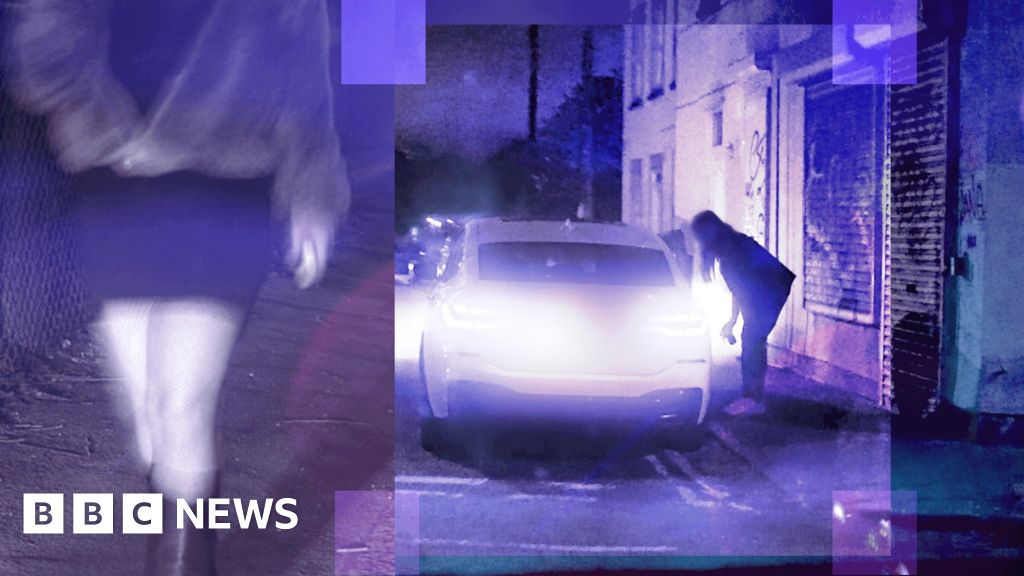A shake-up in the UK’s veterinary sector may be on the horizon, with British vets potentially facing price caps on medicines, prescriptions, and other services such as cremations. The Competition and Markets Authority (CMA) has been delving into the industry to investigate whether a lack of competition has been driving prices upwards. Research from the CMA shows that prices for treatments have surged by 60% between 2015 and 2023, far outpacing the 35% inflation seen in other general services.
Transparency is a key focus for the CMA, with the regulator aiming to bring more clarity to the sector. In addition to proposed price caps, the CMA is also considering banning bonuses that are tied to specific treatments, as well as policies that could restrict vets’ “clinical freedom.” Businesses within the industry have been found to mark up medicine prices significantly, sometimes by as much as four times the purchase cost.
Potential remedies being mulled over by the CMA include forcing vets to display clear online pricing for medicines, surgeries, treatments, and out-of-hours assistance. The watchdog is also looking at potentially capping mark-ups on pet cremations, a service often sold to customers in a vulnerable state. Suggestions for a comparison website that would inform pet owners of cheaper alternatives are also on the table. The final decision on these measures is expected by November, following the release of a provisional report this summer.
The CMA outlines that the local vet services industry in the UK is valued at £2bn-£2.5bn annually. When factoring in additional services like cremation, specialist treatments, and medicines, the overall value of the sector balloons to an estimated £5.7bn each year. The CMA has raised concerns about the increasing dominance of larger corporate entities in the industry, pointing out that approximately 1,500 out of the country’s 5,000 vet practices have been acquired by just six major corporate groups since 2013. These include CVS, Independent Vetcare Ltd, Linnaeus, Medivet, Pets at Home, and VetPartners, with four out of six retaining the branding of independently-owned practices post-acquisition, potentially giving consumers a false sense of choice
Read the full article from The BBC here: Read More




